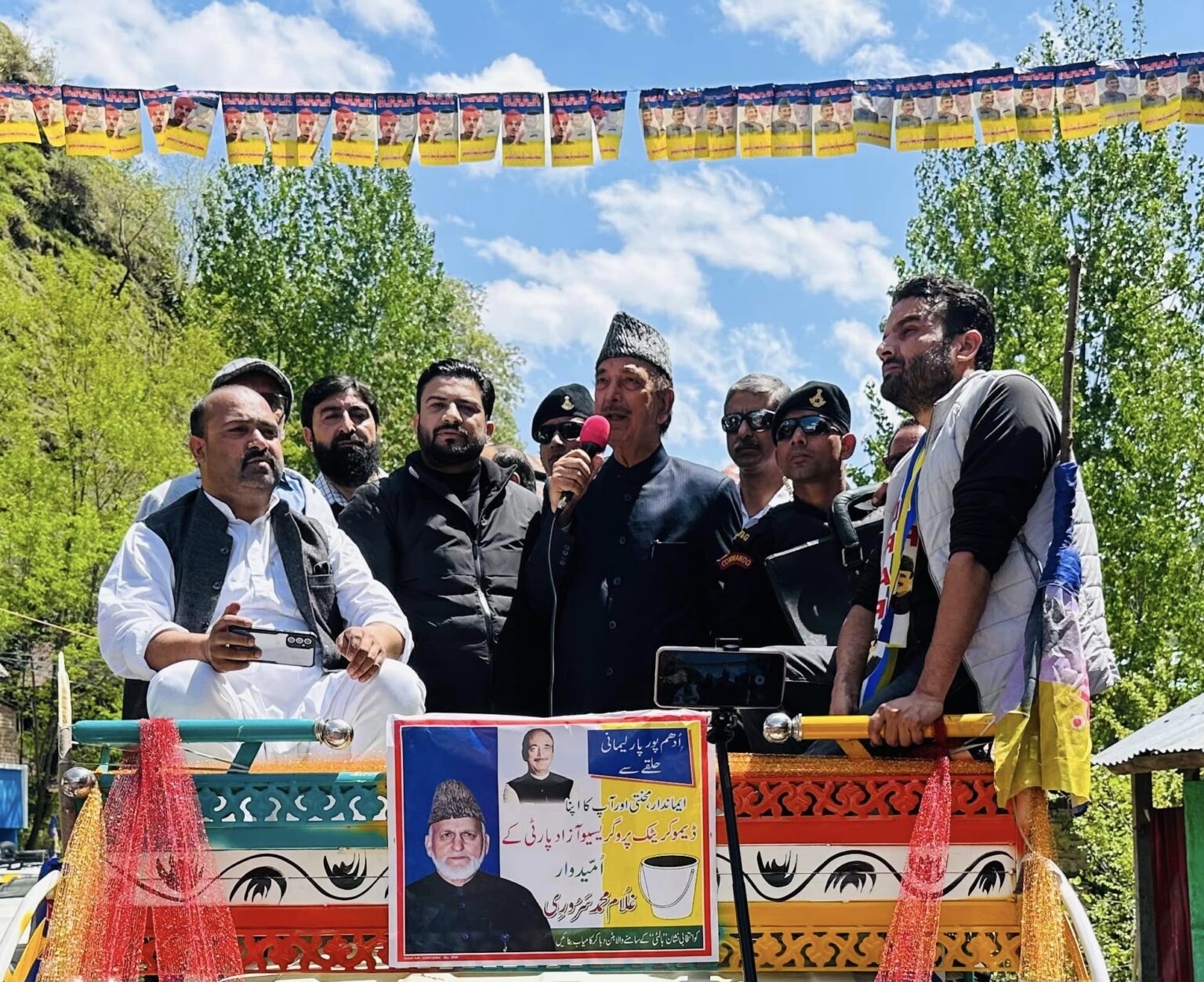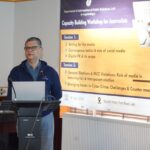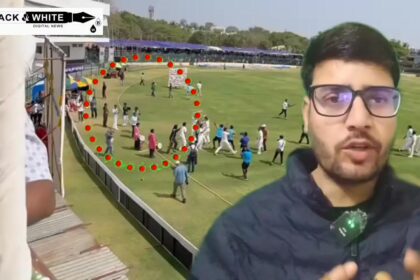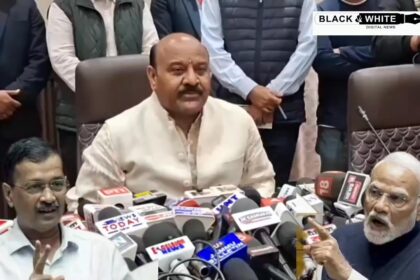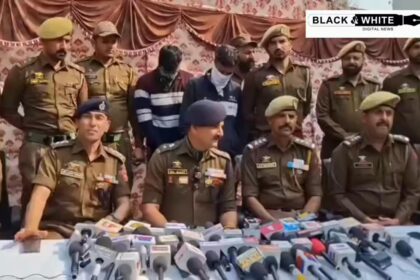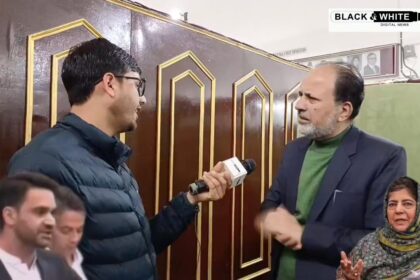18th April:
||Black and White Digital News ||
** Political Drama Unfolds: Ghulam Nabi Azad’s Surprise Exit from Anantnag-Rajouri Race**
In a stunning turn of events, Ghulam Nabi Azad, the charismatic leader at the helm of the Democratic Progressive Azad Party (DPAP), has unexpectedly withdrawn from contesting the Anantnag-Rajouri Lok Sabha seat. The decision, announced by DPAP provincial president Mohammad Amin Bhat, has sent shockwaves through the political landscape just weeks before the crucial polls scheduled for May 7.
Initially nominated by his party for the coveted constituency, Azad’s sudden retreat from the race has left many questioning the motives behind this strategic move. The absence of any explicit reasons for this decision has only fueled speculations and theories amongst political pundits.
The DPAP’s reversal of course came alongside the surprising nomination of Advocate Mohammad Saleem Parray, a move that caught many off guard. Parray, expressing gratitude for the opportunity, conveyed his readiness to serve the people of Jammu and Kashmir, stepping into the limelight amidst the unexpected political shuffle.
The ramifications of Azad’s withdrawal extend beyond party lines, particularly impacting the Bharatiya Janata Party (BJP), which had notably refrained from fielding a candidate in this constituency in a show of support for Azad’s candidacy. This shift in dynamics has left BJP strategists recalibrating their election strategy with limited time at their disposal.
With heavyweights like Mehbooba Mufti of the Peoples Democratic Party (PDP) and Mian Altaf of the National Conference (NC) already in the fray, the contest for the Anantnag-Rajouri seat promises to be fiercely competitive. The absence of a BJP candidate introduces an element of unpredictability into an already charged electoral environment, raising questions about the potential impact on voter dynamics, especially among the influential Pahari and Gujjar communities.
The sudden twist in the narrative has sparked intense debate among opinion-makers, who are dissecting Azad’s decision and its underlying political implications. What kind of political maneuvering is at play behind Azad’s unexpected exit? This question lingers, deepening the intrigue surrounding the upcoming elections.
As the countdown to polling day begins, the electorate and political observers alike are left eagerly anticipating further developments in this captivating electoral saga. Will Azad’s calculated move prove to be a masterstroke or a gamble with unforeseen consequences? Only time will tell in this high-stakes political drama.

